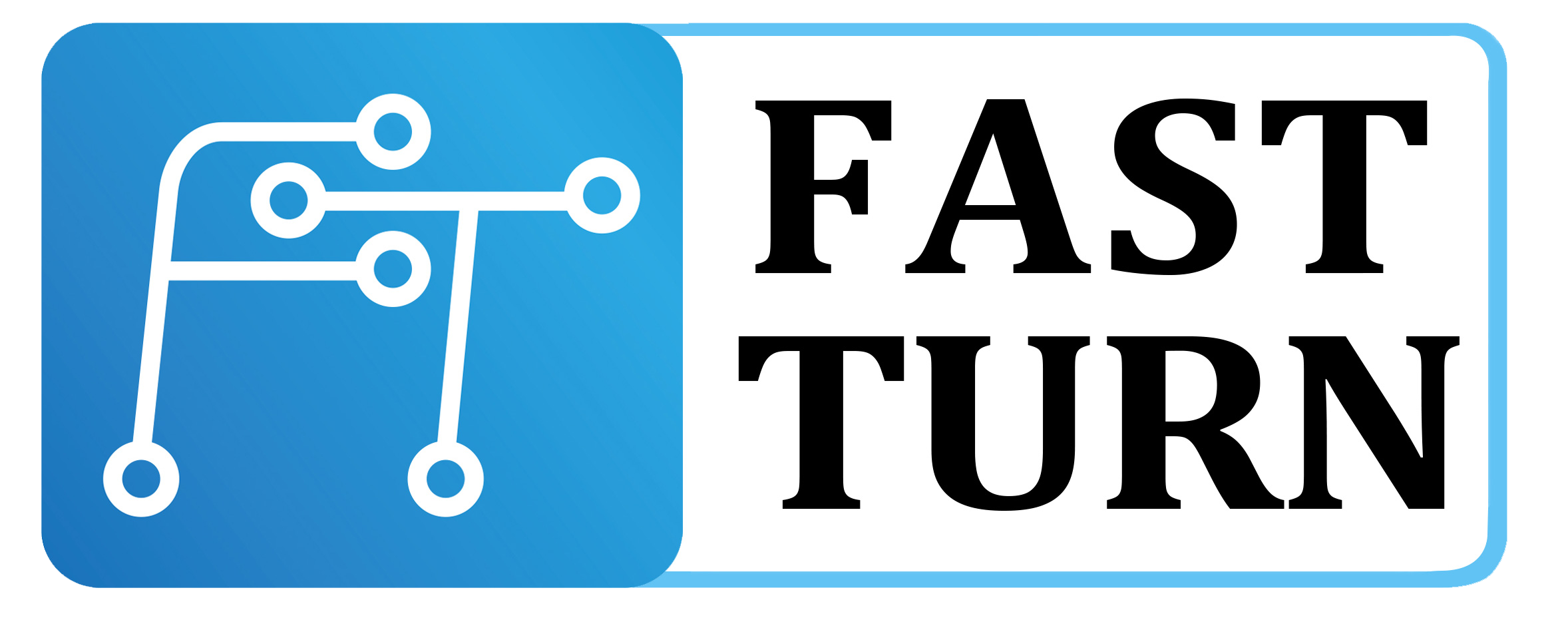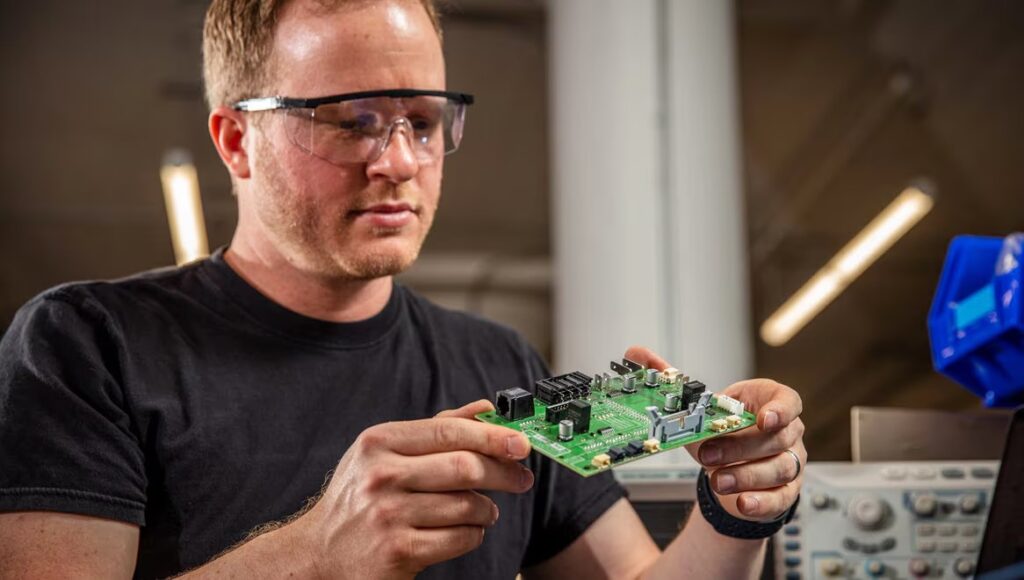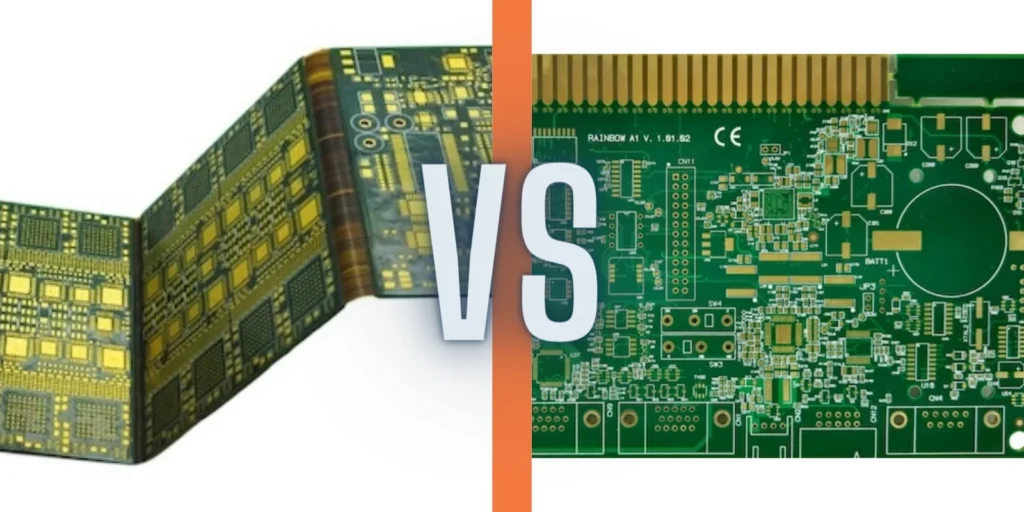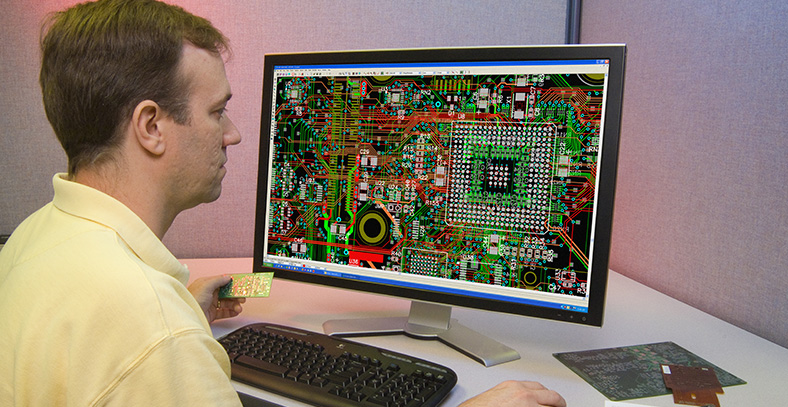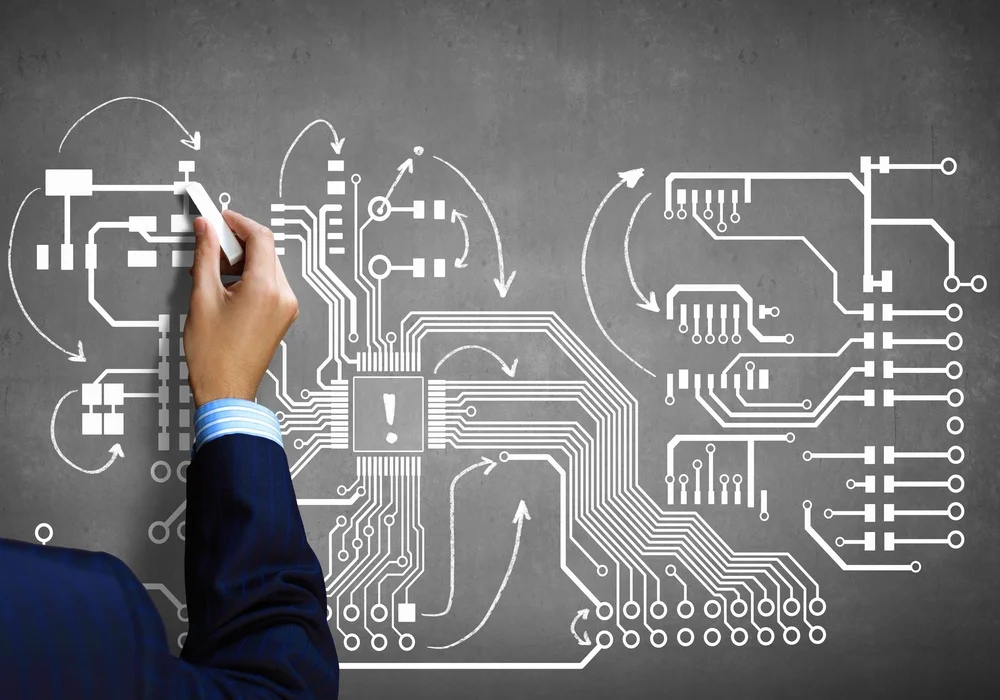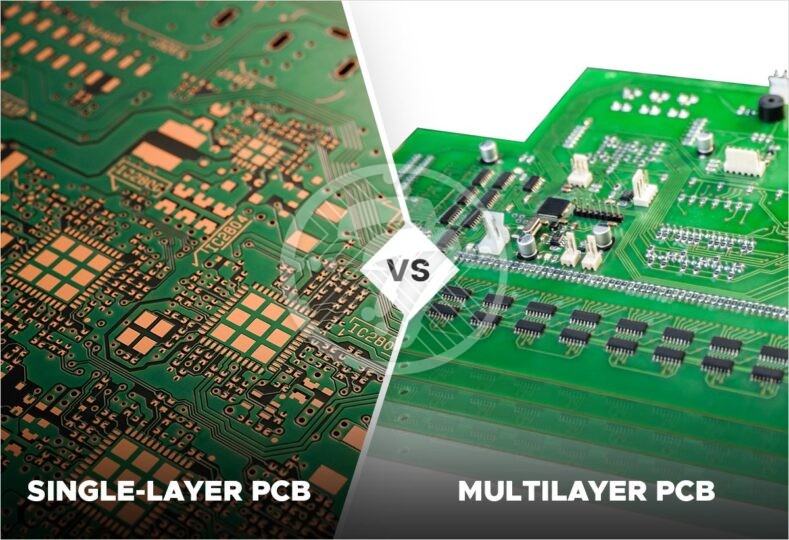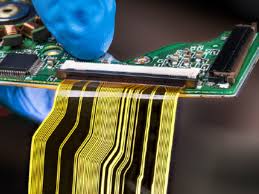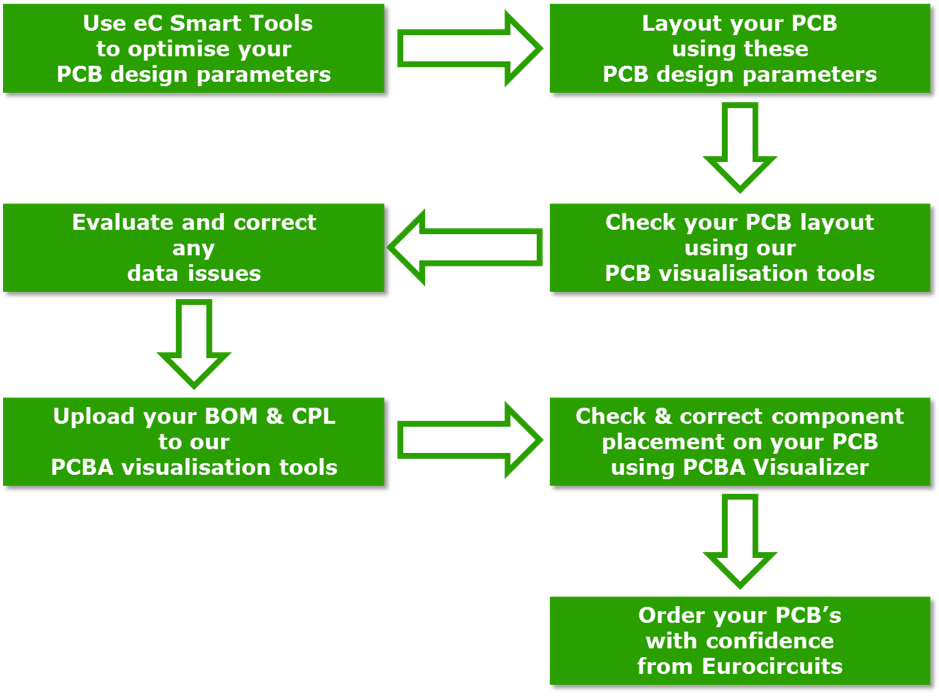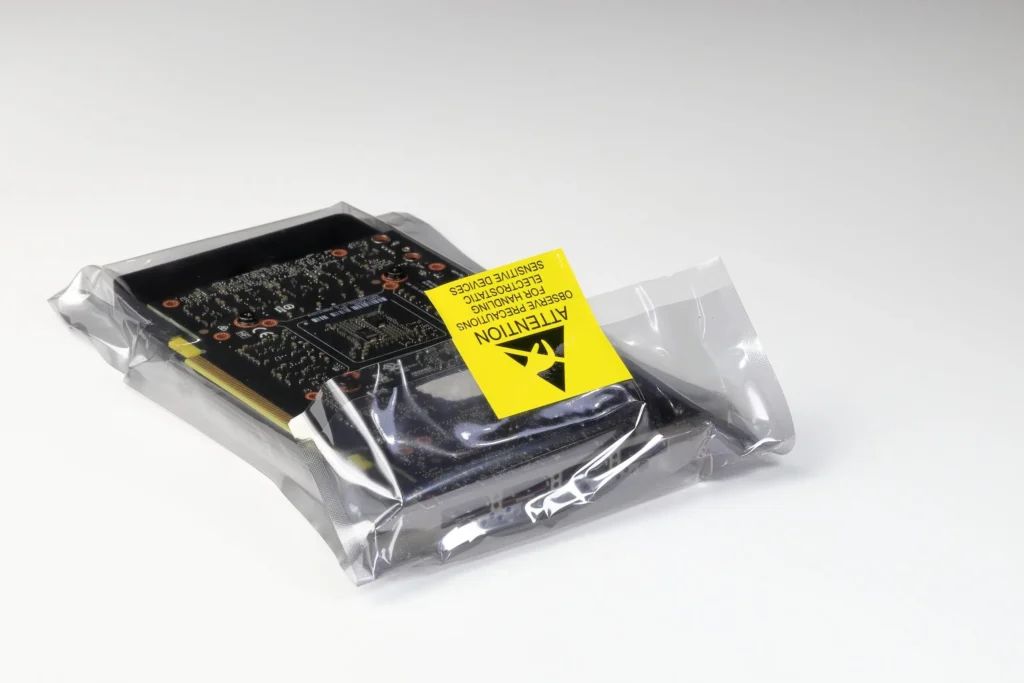According to their different materials and characteristics, PCBs are mainly divided into two categories: rigid PCBs and flexible PCBs (FPC). These two types of circuit boards have significant differences in structure, performance, and application areas. So, what factors should we consider when choosing PCB hard board and FPC soft board?
1. Application scenarios and requirements:
Firstly, the appropriate circuit board type should be selected based on the specific application scenarios and requirements of the product. If the product needs to be used in harsh environments or requires high mechanical strength and stability, then PCB hard boards may be more suitable. If the product needs to have flexibility, lightweight, and three-dimensional spatial wiring capabilities, then FPC soft board may be a better choice.
2. Product design and layout requirements:
Next, we need to consider the design and layout requirements of the product. If the product needs to be bent, folded, or wired in three-dimensional space, FPC flexible board has greater advantages. If the product design is relatively fixed and does not require too much bending and flexibility, then PCB hardboards may be more suitable.
3. Cost and production cycle:
At the same time, cost and production cycle factors also need to be considered. Generally speaking, PCB hard boards have lower production costs and shorter production cycles, making them suitable for large-scale production and batch applications. The production cost of FPC soft board is relatively high, and the production cycle is also long, which is suitable for small batch production and personalized customization.
4. Reliability and maintenance costs:
In addition, the reliability and maintenance cost of the product should also be considered. Hardboard, due to its high mechanical strength and stability, usually has high reliability and relatively low maintenance costs. Soft boards have advantages in flexibility and lightweight, but it is important to note that frequent bending may affect their reliability and increase maintenance costs.
5. Technology and Manufacturing Process:
Finally, factors such as technology and manufacturing processes also need to be considered. The production process of PCB hard boards is relatively mature and suitable for traditional electronic manufacturing processes. The production process of FPC soft boards is relatively complex and requires advanced manufacturing equipment and technology, so the feasibility and reliability of the manufacturing process need to be considered when selecting.
In summary, the selection of PCB hard board and FPC soft board should comprehensively consider factors such as application scenarios and requirements, product design and layout requirements, cost and production cycle, reliability and maintenance costs, as well as technology and manufacturing processes. Only after fully considering these factors can the most appropriate choice be made to achieve the best performance and cost-effectiveness of the product.
